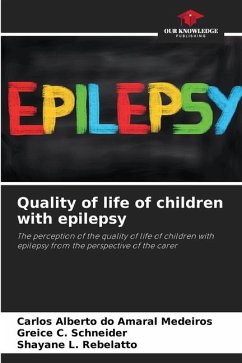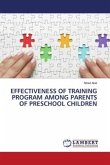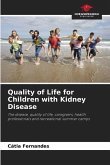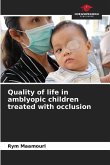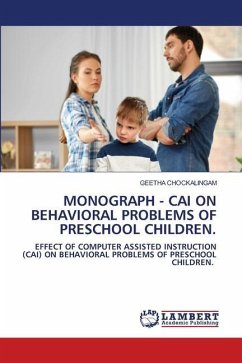Epilepsy is a chronic neurological disease that affects millions of people around the world and significantly affects the quality of life of both sufferers and their families. To a large extent, beliefs, stigmatisation and prejudice against epilepsy are responsible for these disturbances, because in addition to the need to control seizures, there are also psychological and social factors that affect the lives of those who have to live with the disease. ___ This work was developed in partnership with the following authors: Carlos Alberto do Amaral Medeiros, Carlos Frederico de Almeida Rodrigues, Master's Degree from the Pontifical Catholic University of Rio Grande do Sul, Specialist in Neurosurgery from the Souza Aguiar Municipal Hospital (HMSA), Specialist in Paediatric Neurosurgery from the Fernandes Figueira Institute (IFF) and Professor of Neurology, Neurosurgery and Bioethics at the State University of Western Paraná. Greice Cristine Schneider and Shayane Luiza Rebelatto, undergraduate medical students at the Community University of the Chapecó Region.
Bitte wählen Sie Ihr Anliegen aus.
Rechnungen
Retourenschein anfordern
Bestellstatus
Storno

